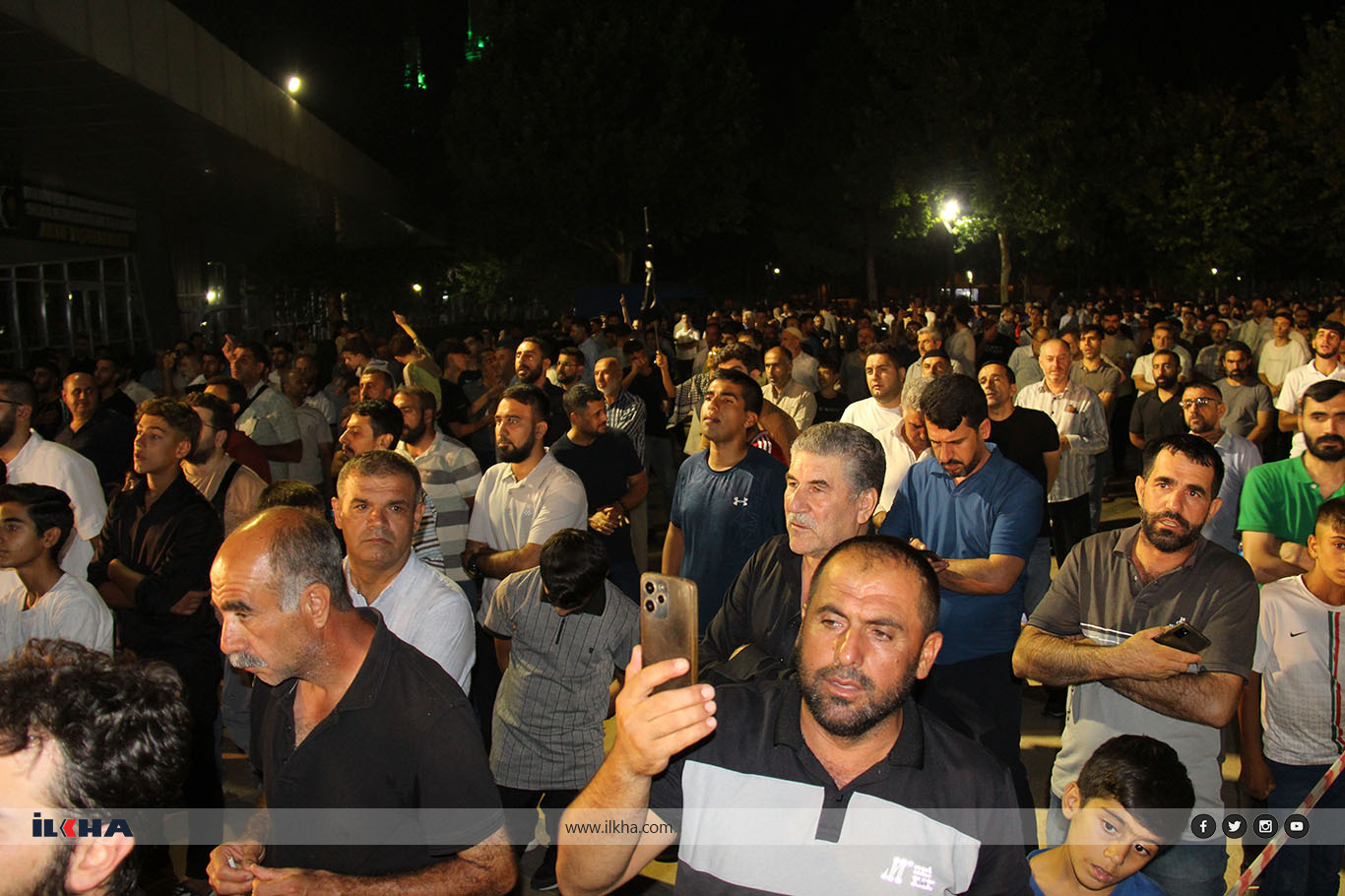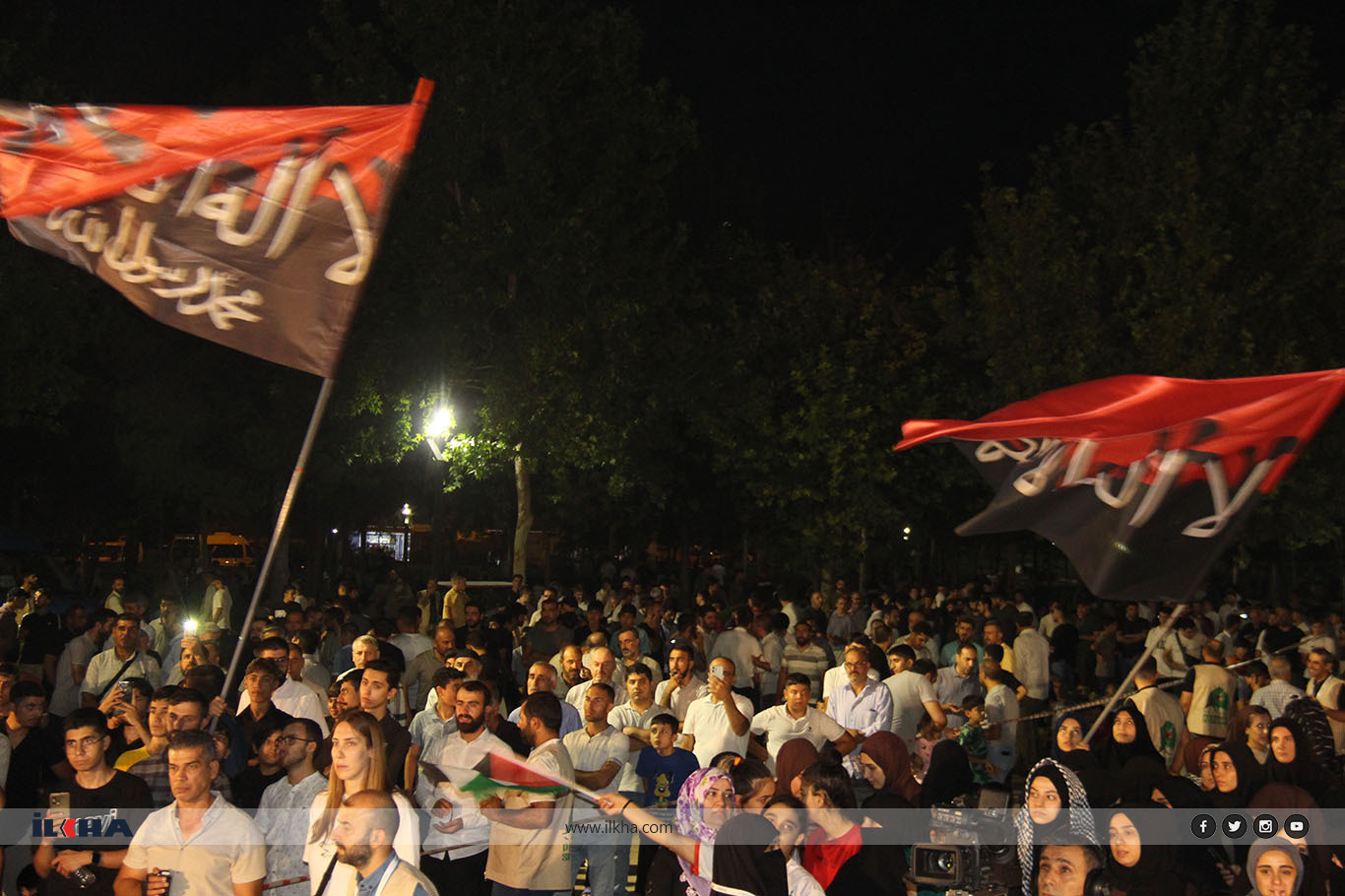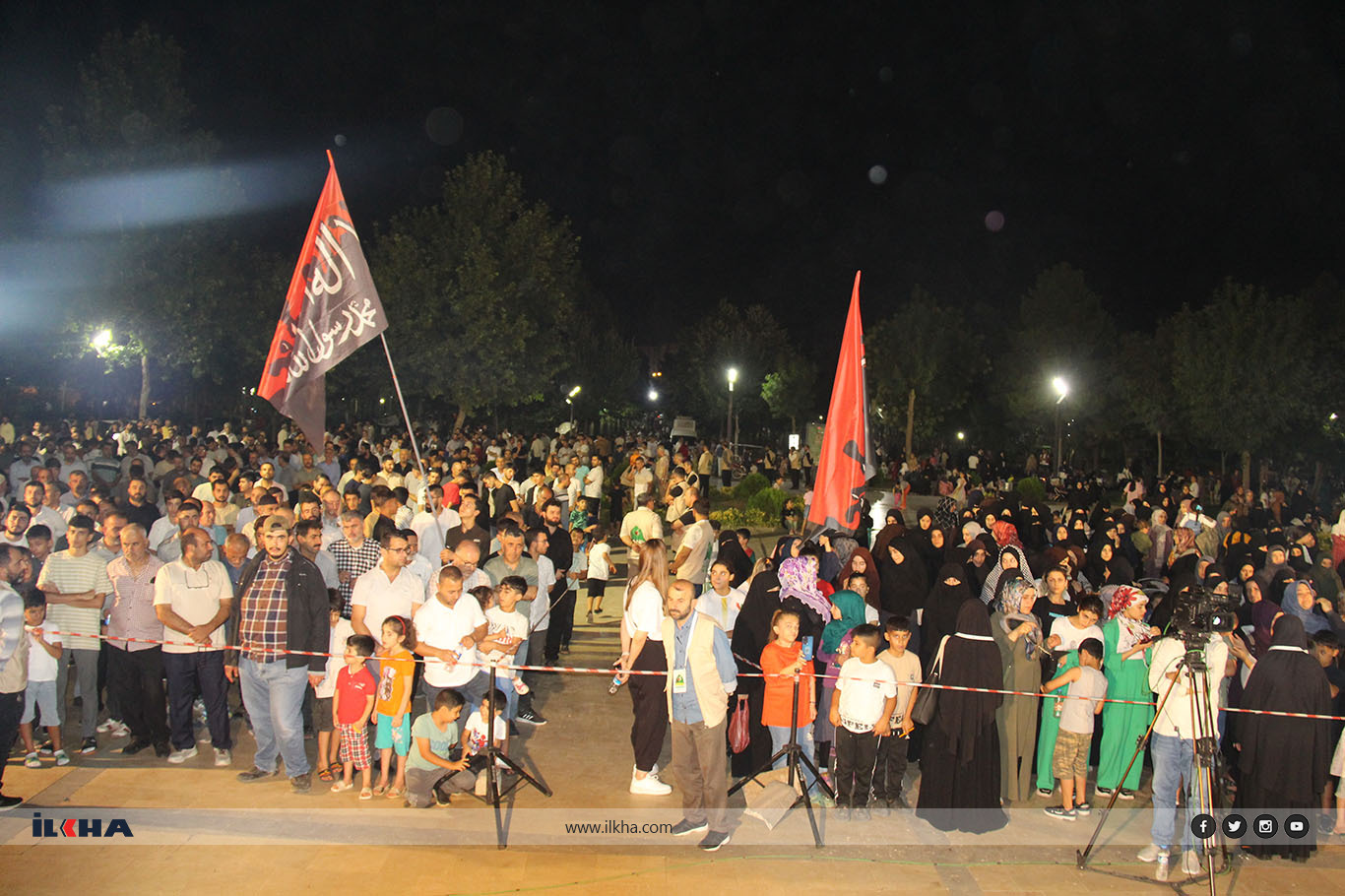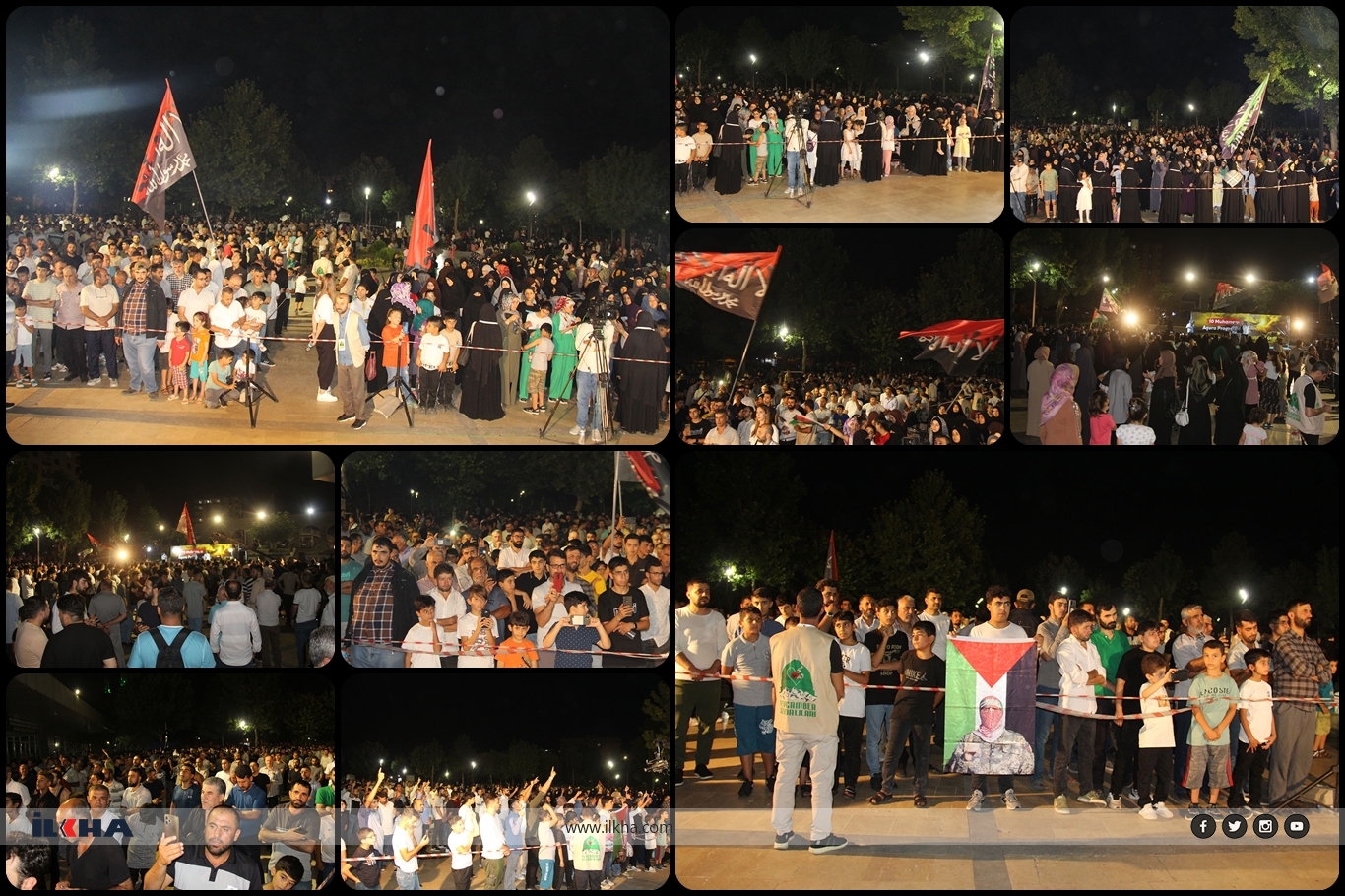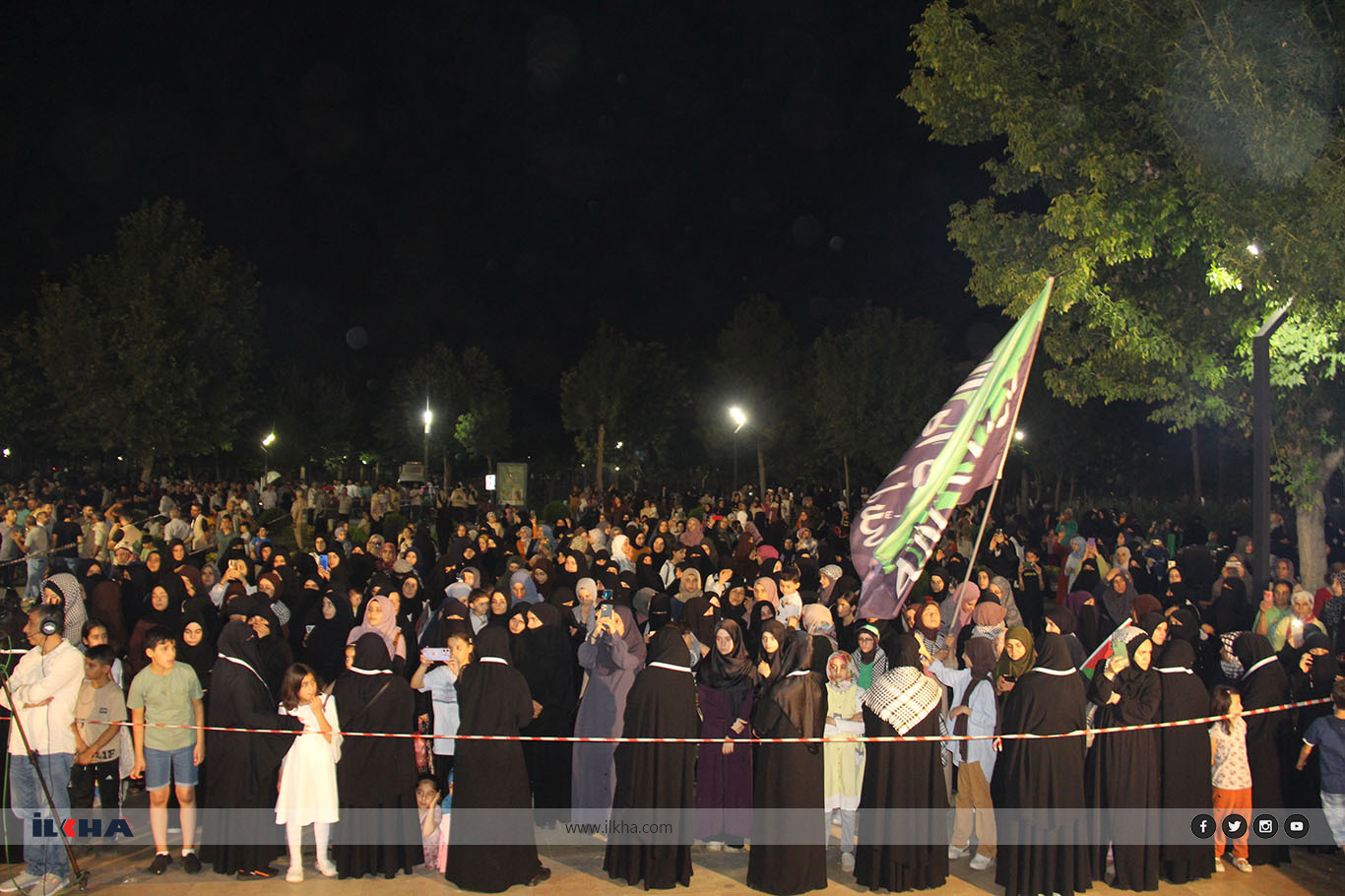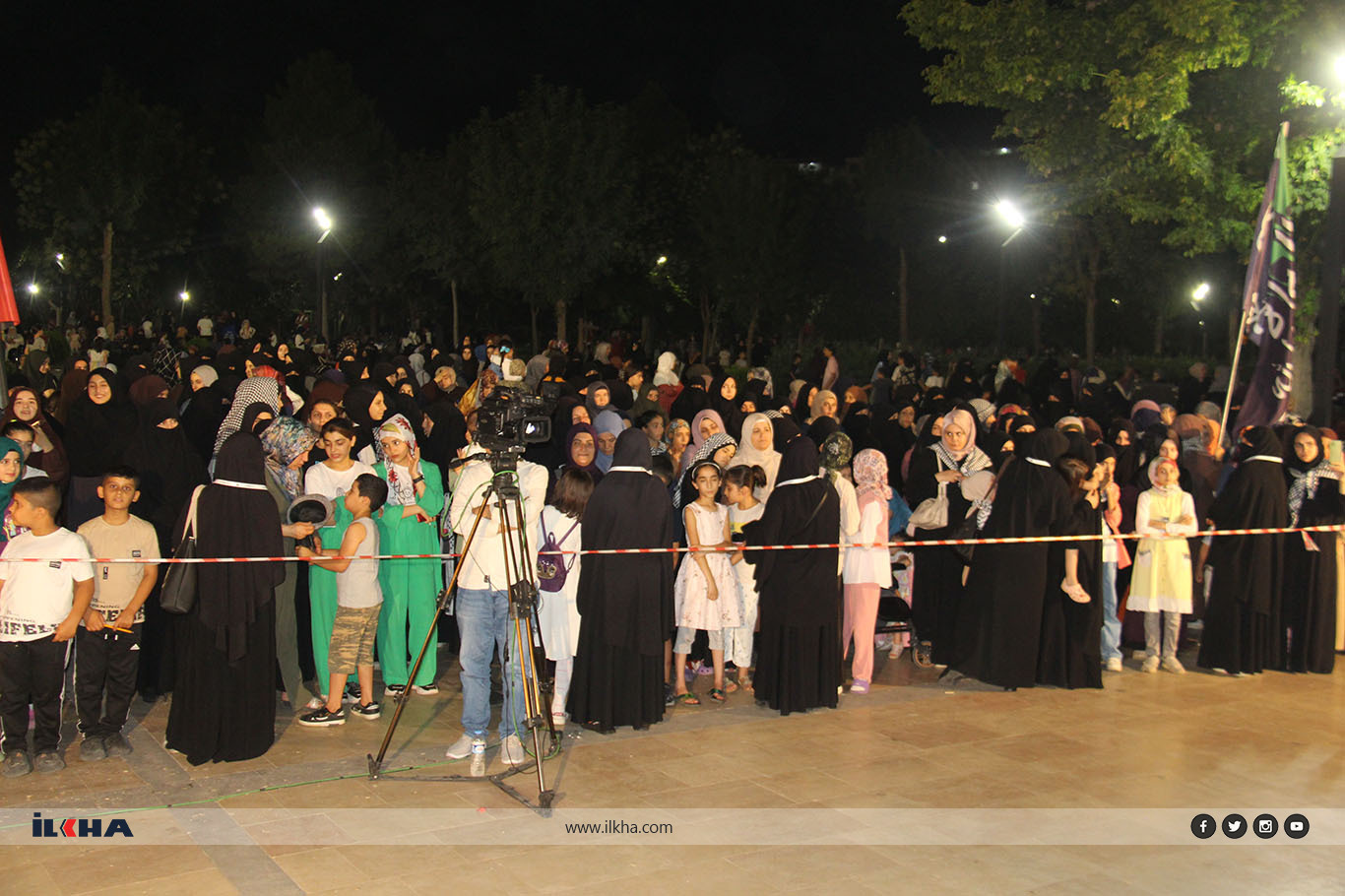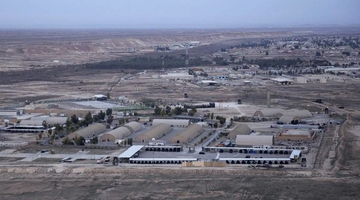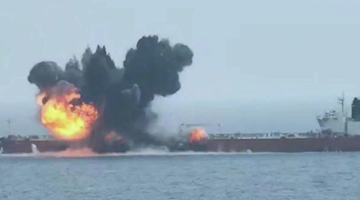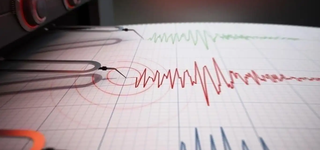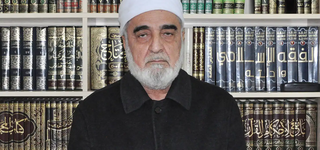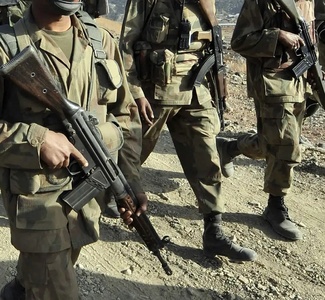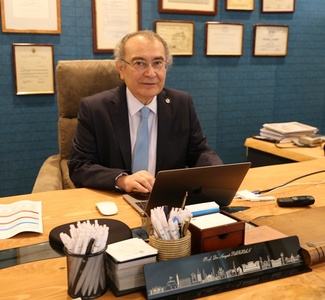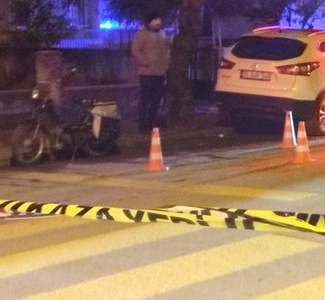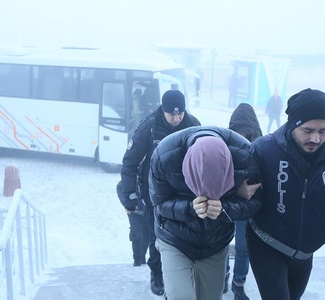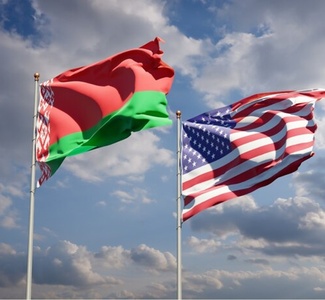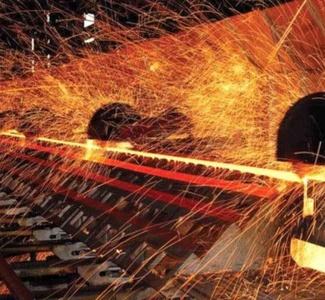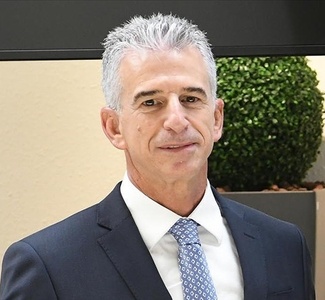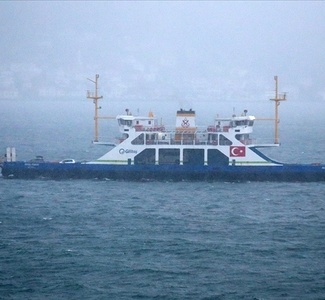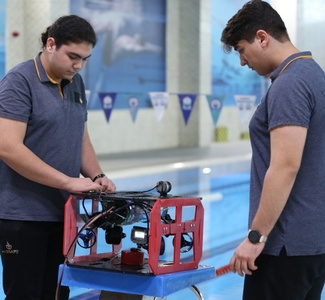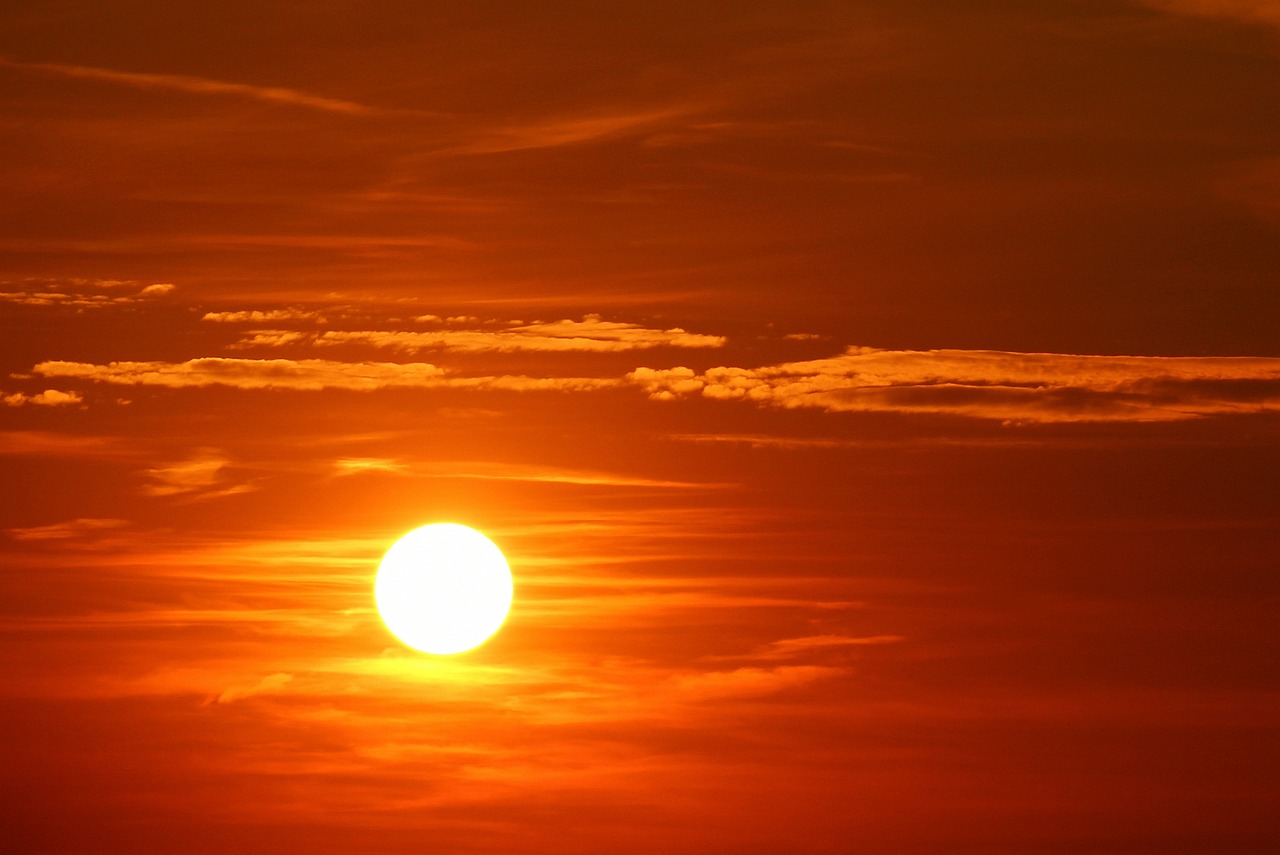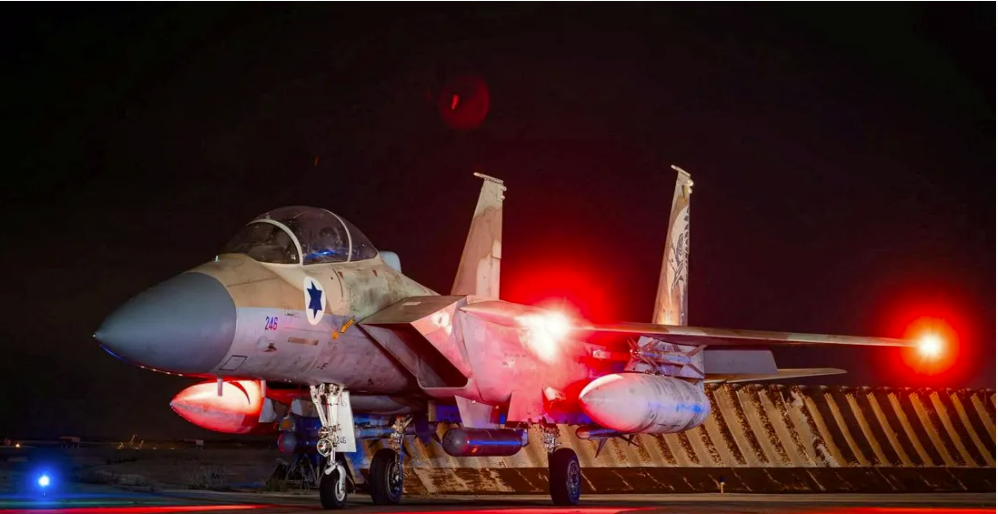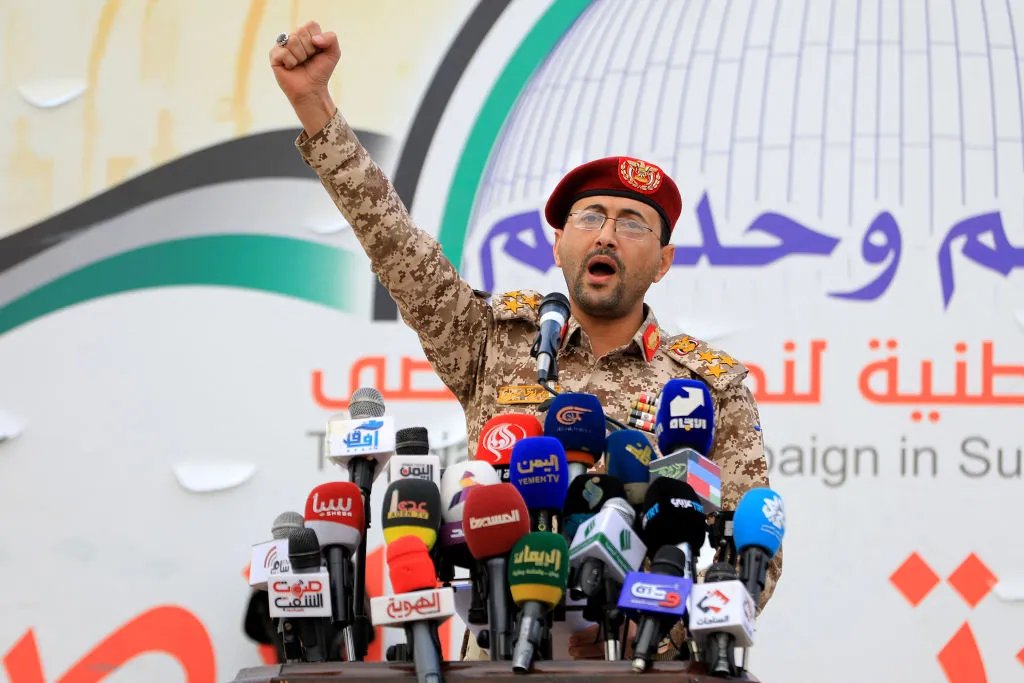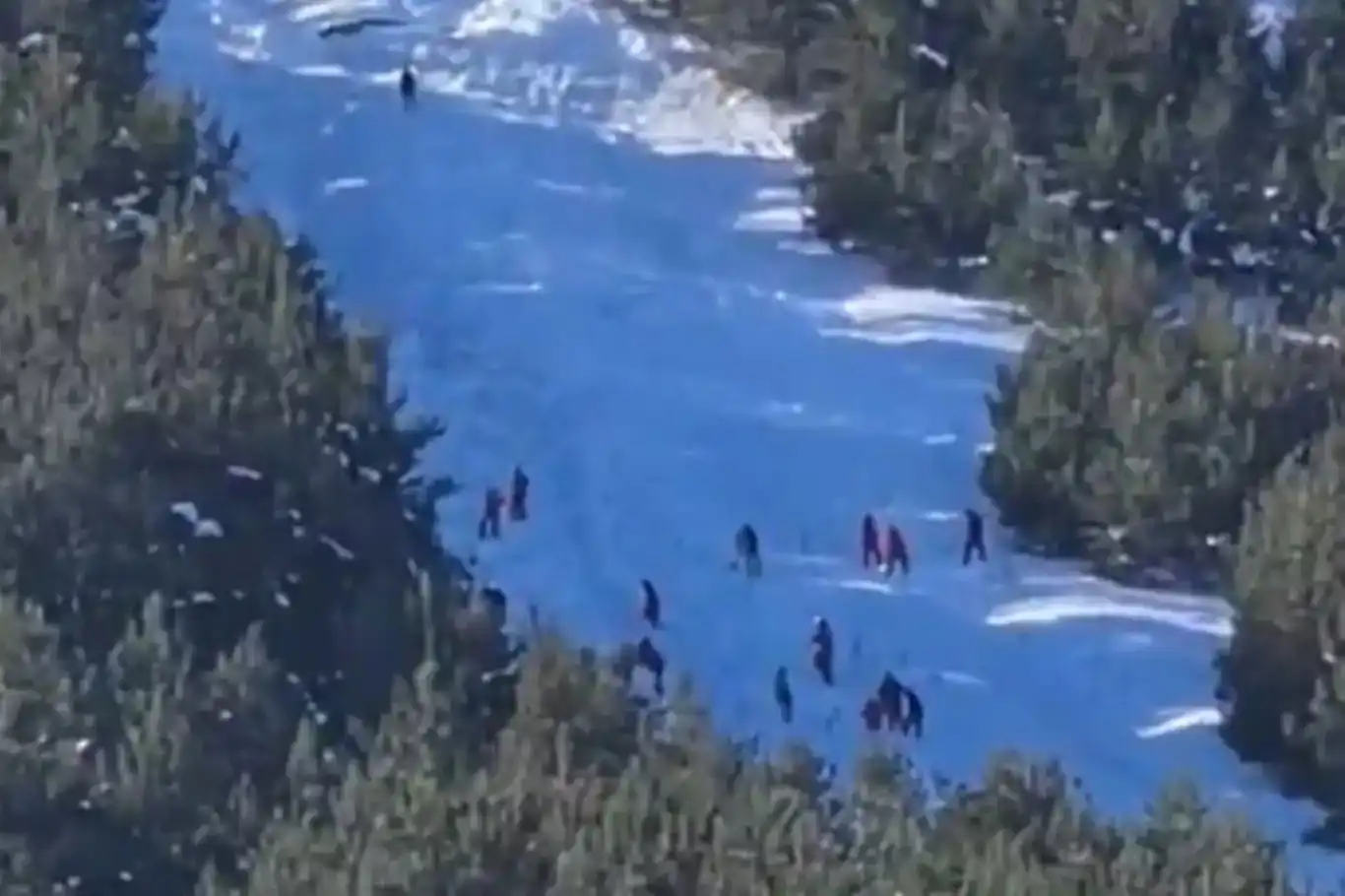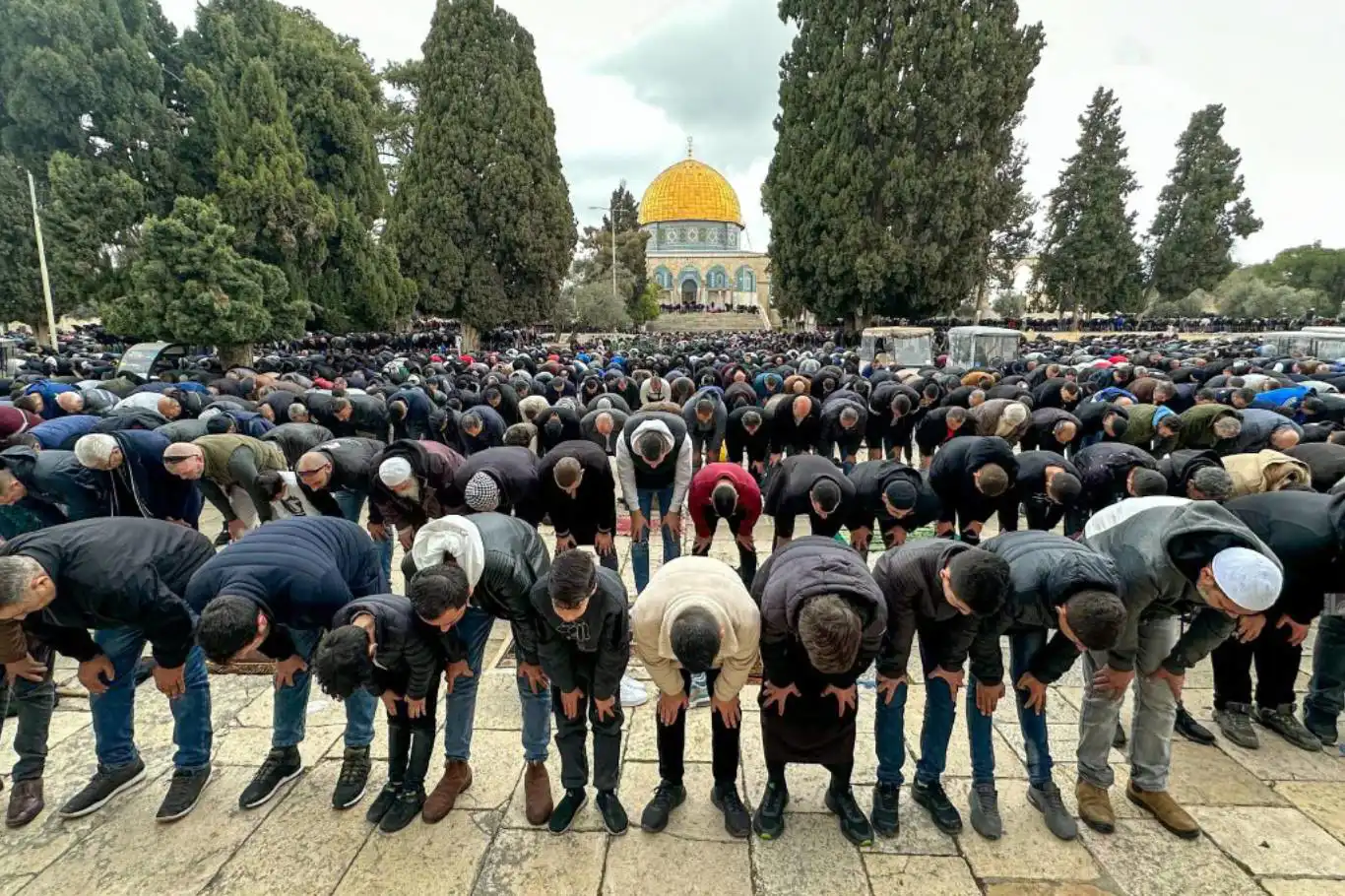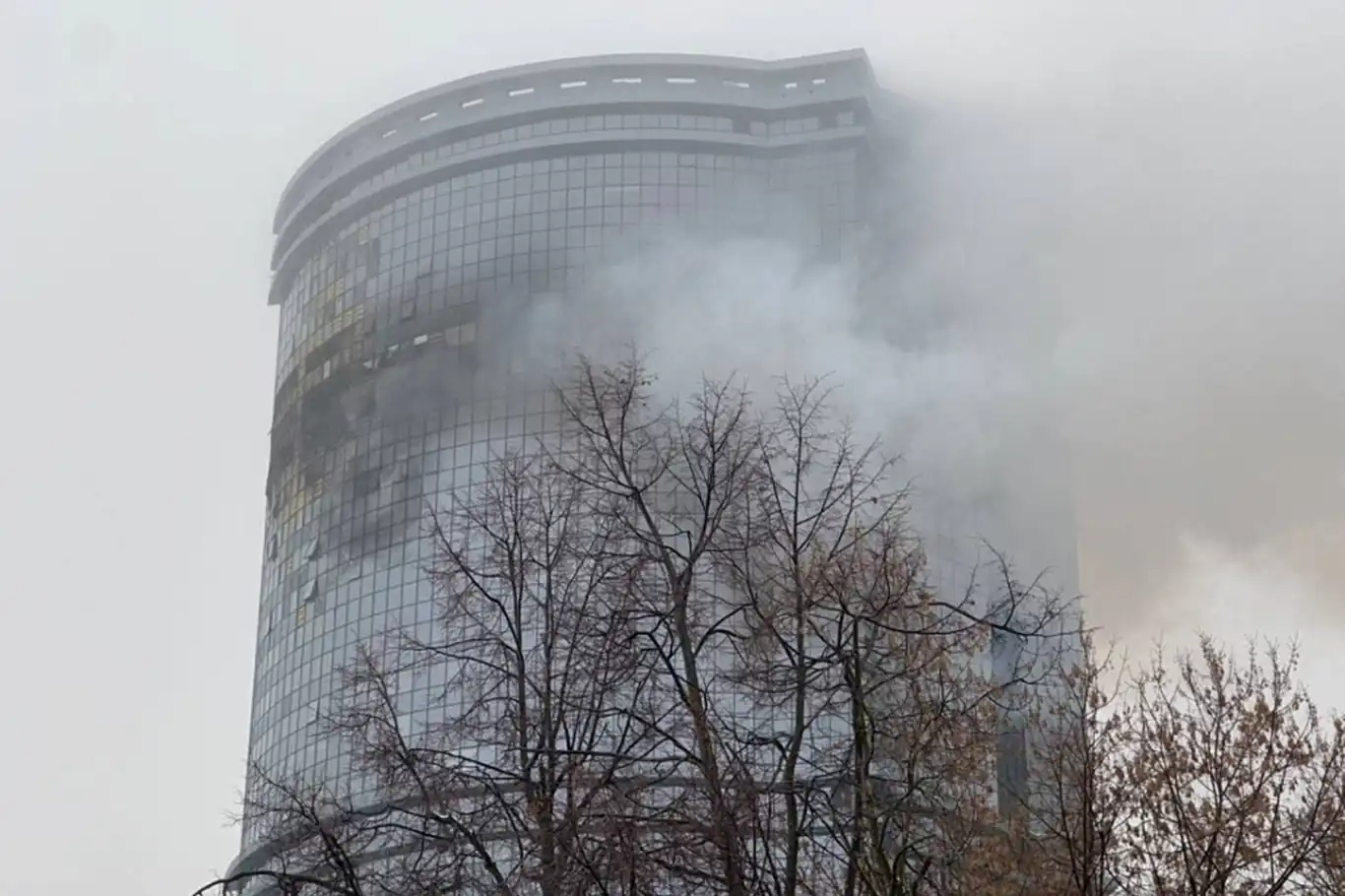Imam Hussein's martyrdom commemorated in Diyarbakır with focus on Gaza genocide
On the anniversary of the Karbala incident and Ashura day, the Mustazafs Society and Martyrs Caravan Platform organized an event themed “From Karbala to Gaza” in Diyarbakır.
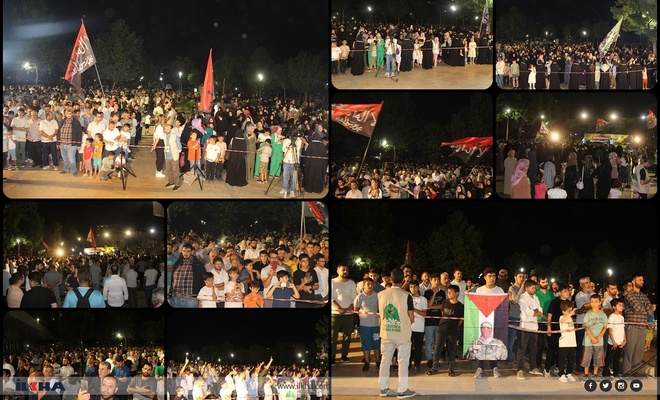
 Google News'te Doğruhaber'e abone olun.
Google News'te Doğruhaber'e abone olun. Held in the 15 July Martyrs Park in the Kayapınar district, the event commenced with a recitation of the Holy Quran by Hafiz Muhammed Emin Yılmaz.
The event featured a speech by Yahya Oğraş, who discussed the significance of the day, and performances by Özlem agency singers dedicated to Imam Hussein and the Karbala incident. Oğraş emphasized the enduring importance of the Karbala incident in Islamic history, highlighting Imam Hussein's firm stance against tyranny and his martyrdom as a symbol of honor and resistance.
Oğraş drew parallels between Karbala and the current situation in Gaza, stating, “Gaza is left alone, just like Imam Hussein and his companions.” He described the ongoing genocide in Gaza and the resistance against it, calling for solidarity and support for Gaza from the Muslim community.
“Gaza has been under siege for nine and a half months,” Oğraş said. “Throughout history, as long as their hearts are with Muslims but their wrists and swords are shields against Muslims, Muslims will experience Karbala in every period. Our wrists and pens should be on the side of those whose hearts are with us. Today we see the same Karbala in Gaza. Gaza is struggling against the despotic, cruel, treacherous, and self-interested people of the age. Just like Imam Hussein and his companions, Gaza is alone. We are being tested with Gaza at the moment. Those who wish they were in Karbala, why don't our hearts and wrists stand up and act for Gaza?”
He called for a unified effort to bring Gaza to the forefront of the Muslim community's agenda, urging: “Let us set our agenda for Gaza, the Karbala of the age, with our prayers, aid, boycott, and social media advocacy in a way that will bring the leaders of the Islamic Ummah to their feet. Gaza today is Karbala; it is alone. Our resistance brothers and sisters in Gaza are following the path of Imam Hussein who killed death. They are our honor, our dignity, and they protect the dignity of the Ummah. Gaza is our resistance, our soul, and our everything.”
Molla Recai Güler, a member of ITTIHADUL ULEMA, also addressed the participants, summarizing the Karbala incident and likening the struggle of Gaza's people to that of Imam Hussein. He recounted the martyrdom of Imam Hussein and his family and drew a parallel to the current situation in Gaza, where thousands of Palestinians have been killed in the ongoing conflict.
“Today is the day of Ashura and the martyrdom of the grandson of the Prophet (saw) in the desert of Karbala for the sake of three or five worldly reigns and positions by Yazids,” said Molla Güler. “When we say the grandson of the Prophet (saw), we think of a young person, someone who acts on the whim of youth who cannot distinguish between good and evil. However, when Imam Hussein left Mecca and traveled to the desert of Karbala, he was over 50 years old and had reached the age of 60.”
Molla Güler added that when Imam Hussein decided on this resistance, he knew that martyrdom was at the end and that his family would be slaughtered by those criminals. “In the letter sent to Imam Hussein beforehand, they stated that they wanted him to come to Kufa, that they would swear allegiance to him, that Yazid was not worthy of the caliphate, that he was a heretic and a drunkard, and that they wanted to establish an Islamic state together. It was from this letter that Imam Hussein set out for Karbala. Those who met him on the way warned him that even though their hearts were with Imam Hussein, they would betray him and martyr him. But Imam Hussein maintained his stability as a ruler and came to the desert of Karbala.”
Molla Güler recounted the events that followed Imam Hussein's arrival in Karbala. “When Imam Hussein reached the desert of Karbala, Yazid's soldiers and a thousand soldiers assigned by the Governor of Basra blocked his way, advanced to Kufa and then to the Euphrates River, and did not allow Imam Hussein to drink a bowl of water. Their eyes were filled with blood for the sake of reign. That sultanate led to the murder of Imam Hussein and his family. Imam Hussein waited there for nearly a month, prevented from approaching Kufa and the Euphrates. In the end, 72 Ahl al-Bayt people, including Imam Hussein and his family, were martyred there.”
Emphasizing that Imam Hussein was the symbol of martyrdom and resistance against oppression, Molla Güler underlined that if Imam Hussein had not existed, there would not have been any Sheikh Saids or Omar Mukhtars of the age, and that although his martyrdom left a sadness in the hearts, it left a legacy to the Ummah.
Pointing to Gaza as today's Karbala, Molla Güler said: “As a matter of fact, with that legacy left by him, Sheikh Said appeared about 1,200 years later and in response to his wife's concern in the face of the resistance he started, he said 'my blood is not more valuable than the blood of Imam Hussein and my family is not more valuable than the family of Imam Hussein'. Just as Imam Hussein was martyred in the desert of Karbala, just as Sheikh Said and his friends were executed in our homeland, Karbala is happening today. Here is Gaza in front of our eyes... For more than nine months, their blood has been shed in front of our eyes by the Zionist, imperialist, and maybe those who condone and support the massacres. Today, 40 thousand Muslims have been massacred and are being massacred by those murderers in Gaza. In Karbala, 72 people from the Ahl al-Bayt were martyred; today, 40-50 thousand people who are committed to the cause of Islam and who defend the sacred values of Islam are being martyred.”
He urged Muslims not to leave today's Karbala alone and to draw lessons from the Karbala incident as their ancestors did. “Today, the heirs of Imam Hussein have come together in Gaza and are writing epics in golden letters in the history of Islam. Those who fought with Abu Obeida and Muhammad Deif are the Husseins of today. Today's Zaynabs consider the martyrdom of their children for the cause of Islam. Their only request is that the Ummah should not leave them alone. They do not want Gaza to be abandoned as Imam Hussein was abandoned in the desert of Karbala. We should not forget Gaza, and today's Karbala should be on our agenda. Just as our ancestors struggled by learning lessons from the Karbala incident, we should learn lessons for ourselves and not leave today's Karbala alone. May Allah make us among those who stand with those who struggle in today's Karbala.”
The event concluded with a prayer for Gaza and all oppressed Muslims worldwide, emphasizing the importance of solidarity and support for those enduring oppression and conflict. The heartfelt speeches and performances underscored the profound connection between historical and contemporary struggles, inspiring participants to continue advocating for justice and peace. (ILKHA)
